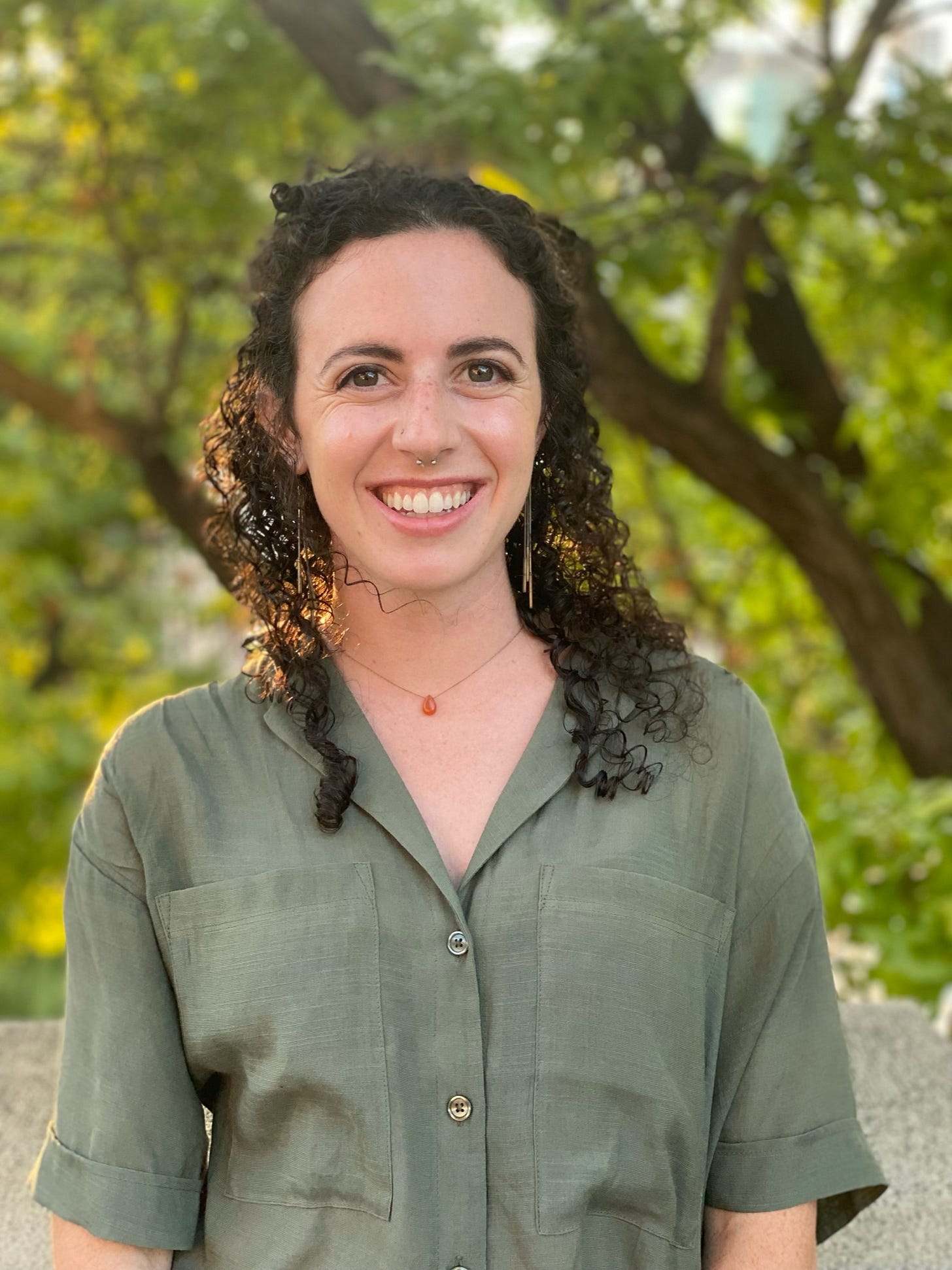In conversation with Annie Carforo from WE ACT
Marginalized communities, especially communities of color, are often among the worst impacted by environmental hazards such as extreme weather or pollution.
In 1988, a group of community leaders sued New York City over moving a wastewater treatment plant from the affluent Chelsea to West Harlem, a neighborhood already burdened by various polluting facilities. The community won the lawsuit forcing the city to pay a significant compensation fee, which helped the community organization WE ACT to hire its first full-time employees. Today WE ACT is working in northern Manhattan on a broad spectrum of environmental justice issues.
WE ACT’s Climate Justice Campaign Manager Annie Carforo is proud of the many successes of the organization. “West Harlem used to be home to five out of six diesel bus depots in New York City, polluting the air and causing respiratory illnesses”, she describes. “WE ACT successfully lobbied the MTA to transition into hybrid and e-buses, which improved the air quality.”
"In New York, people do not trust the city, but they do trust the community groups they know,"
The organization is active in climate resilience work with initiatives such as the Climate Ready Uptown Plan, an emergency preparedness document formulated in a three-year process with the locals. It provides concrete action points for households without AC to cool their apartments or to protect their houses during storms. A key imperative is to know one’s neighbors such as seniors that might require assistance in the case of emergencies.
Carforo highlights the need for cities to fund and lean on the community-based organizations in their efforts. "In New York, people do not trust the city, but they do trust the community groups they know," Carforo explains. During crises like Superstorm Sandy, when the city instructed communities to evacuate, many didn't take the message seriously. Carforo notes that those who did leave were often persuaded by trusted locals, adding, “Community organizations have the relationships with the locals and are best equipped to disseminate information in an understandable way.”






